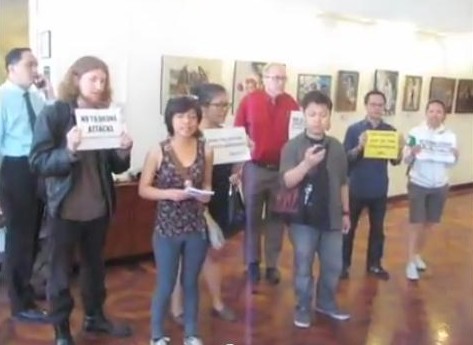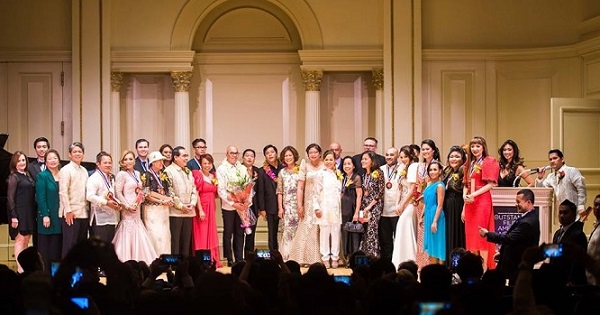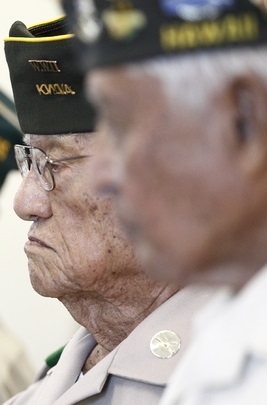Mini-series examines war crimes committed by Imperial Japan
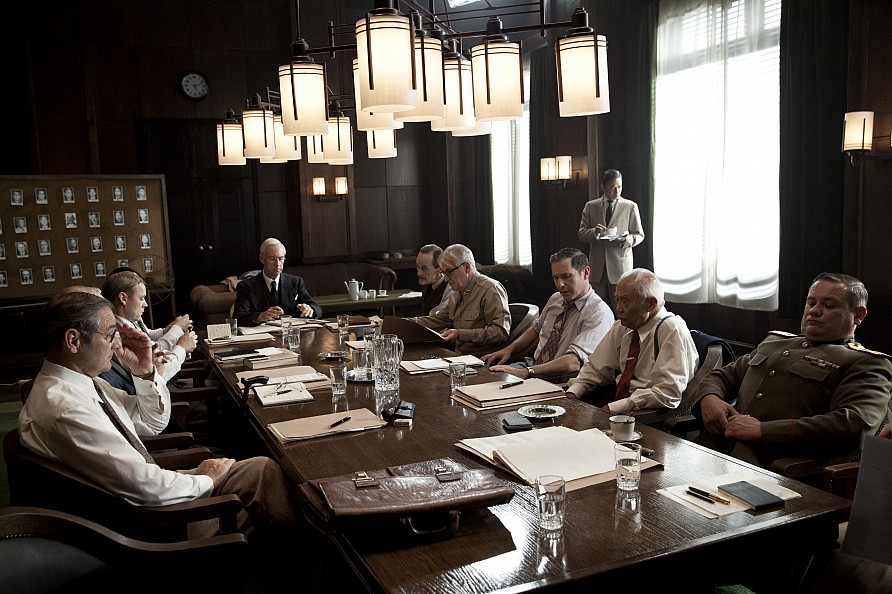
By Wendell Gaa
The current global lockdown should give us all incentive to watch films and TV shows and keep us shielded from a very different type of virus called Boredom.
One particular Netflix series which I highly recommend is the historical drama “Tokyo Trial.” It is based on the actual events of the Tokyo War Crimes Tribunal which investigated and prosecuted leaders of the Japanese imperial regime suspected of committing atrocities at the end of the Second World War.
One of the course modules I had taken up at the National University of Ireland in Galway during my Master of Law scholarship experience there focused on International Criminal Law, a distinct discipline with the pursuit to understand the motives and justifications behind prosecuting or defending states or perpetrators accused of committing war crimes.
Similar to the manner in which the Nuremberg Trials investigated and prosecuted Nazi leaders in Germany, it was under these different crime categories by which the Tokyo Tribunal had based its cases against the Japanese warlords who conducted unspeakable atrocities across Asia and the Pacific in their campaign to dominate a vast territorial empire during World War II (1939-1945).
The tone and pace of this drama series is truly meant for the small screen. If you are expecting a period drama with mind-boggling Oscar-winning scripting, along with having an explosive World War II-period atmosphere a la “Saving Private Ryan” and “Pearl Harbor,” then you will surely be disappointed. What this mini-series lacks in action and intensity, however, it more than makes up for in dramatic performance and intriguing dialogue which explore the very nature of how deep the crimes of the Japanese regime truly were. It also seeks to examine whether the prosecuted government leaders were being investigated in accordance with international human rights policy.
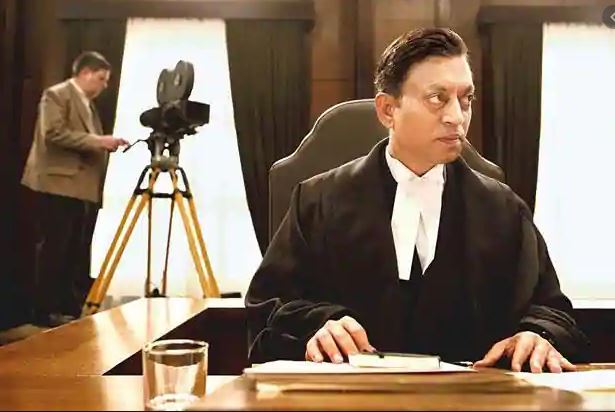
To truly understand the depth of what was at stake and what the tribunal members were confronting, one has to understand that the established international legal court proceedings in Japan were unprecedented in the late 1940s. Armed conflicts in past years from that time did not match the sheer scale of horror and mass murder committed by Nazi Germany and Imperial Japan throughout the course of World War II. What the participating judges were all going through were uncharted waters and none of them could have known then what we know today, as they had no historic blueprint to follow as to how an international court can effectively prosecute an entire country via its leadership. Watching this mini-series with this particular context in mind, you can only appreciate all the more that they were performing in the name of promoting justice and peace for all humanity.
Thankfully, the producers of “Tokyo Trial” did not cast any big-name actors to portray the different international tribunal judges. I thought it was a good thing so as not to detract viewer attention from the story and substance of this drama. No particular actor here seems to be billeted as the lead protagonist, although the Dutch judge Professor Bert V.A. Roling Band Australian Tribunal President Sir William Webb do have a substantial presence. The jurist representative of India, Radhabinod Pal, was portrayed by Bollywood actor Irrfan Khan who was famous for roles in such Hollywood blockbusters as “Jurassic World” and “The Life of Pi.” He tragically passed away earlier this year.
Not quite having enough screen time as much as he deserves in the series is our own Bert Matias who portrays Col. Delfin Jaranilla, the justice representative of the Philippines on the Tokyo Tribunal. In the few scenes he appears in, he does evoke gravitas and a calm demeanor, and appropriately enough conveys to his fellow jurists the true depth of war crimes against civilians which the Japanese committed in the Philippines. In one scene, he opts out of attending one session investigating specified crimes against Filipinos as he feels as a judge he will not be able to conduct himself objectively because of the personal sensitive nature of the case involving his own countrymen who were brutally victimized.
Also making a welcome albeit short appearance in this series is Michael Ironside who portrays the legendary U.S. General Douglas MacArthur, who had served as military governor of Japan after the nation’s surrender to the Allies in 1945.
© The FilAm 2020


